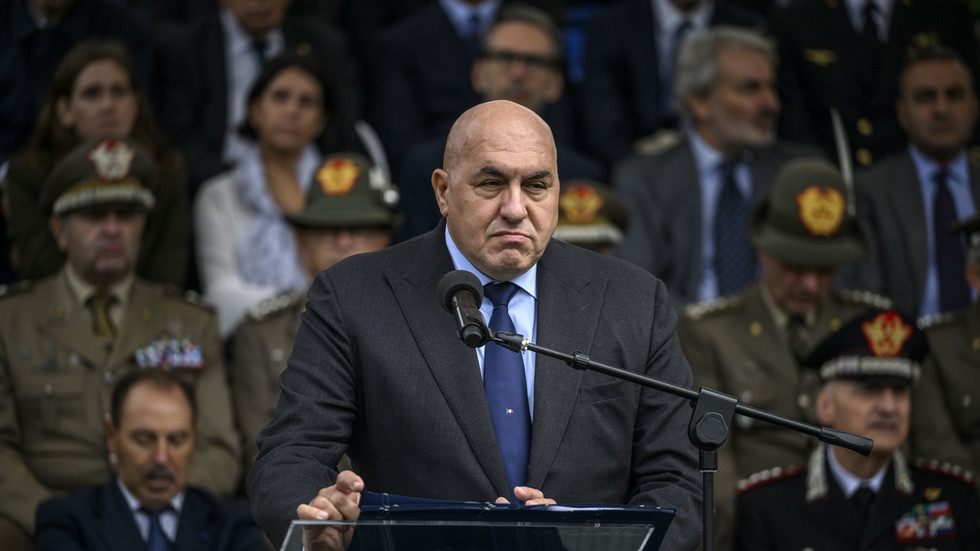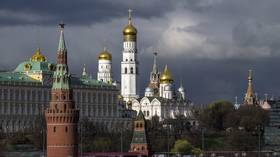
The French president had previously laid out conditions for sending Western troops to aid Kiev

Italian Defense Minister Guido Crosetto © Getty Images / Antonio Masiello
Emmanuel Macron’s statements about the possibility of sending Western forces into Ukraine have only escalated tensions and do not serve any other purpose, Italian Defense Minister Guido Crosetto said on Saturday.
His comments come after the French President stated in an interview with The Economist this week that his country could consider sending its troops to help Kiev “if the Russians were to break through the front lines” and if there was a “Ukrainian request” for such assistance. Macron also outlined his “strategic objective” of making sure Russia does not win in Ukraine, claiming such a development would threaten European security.
Speaking to the newspaper Corriere della Sera, Crosetto claimed that while he personally can’t judge the president of a “friendly country like France,” at the same time, he can’t understand “the purpose and usefulness of these declarations, which objectively raise tension.”
The minister also ruled out the possibility that Italy would ever send its forces to intervene directly in the Ukraine conflict. “Unlike others, we have in our system an explicit prohibition on direct military interventions, outside of what is provided by the laws and the constitution,” Crosetto explained. “We can only envisage armed interventions following an international mandate, for example in the implementation of a UN resolution.”
He further noted that aside from it being impossible to send Italian troops to Ukraine, doing so “would trigger a further spiraling of the conflict, which would not be of benefit above all to the Ukrainians themselves.”
“In short, the conditions for our direct involvement do not exist,” Crosetto said.
Macron’s latest hints at direct Western involvement on the ground in Ukraine have also been dismissed by other NATO countries, notably Hungary and Slovakia.

Read more
Hungarian Foreign Minister Peter Szijjarto condemned the French president’s remarks, explaining that if a NATO member “commits ground troops, it will be a direct NATO-Russia confrontation and it will then be World War Three.”
Slovakian Prime Minister Robert Fico has also stressed that NATO has no justification to send troops to Ukraine because the country is not a member state and vowed that “no Slovak soldier will set foot beyond the Slovak-Ukrainian border.”
Meanwhile, British Foreign Secretary David Cameron has stated that while London plans to continue supplying Ukraine with weapons, which he said Kiev has the right to use against targets in Russia, actually sending any NATO soldiers to the country would constitute a “dangerous escalation.”
Moscow has repeatedly warned the West against sending its troops to Ukraine, stressing that it would be forced to attack them if they directly took part in the conflict. Russian Foreign Ministry spokeswoman Maria Zakharova wrote on Telegram on Friday that “nothing will remain” of NATO forces if they are sent to the front line in Ukraine.




